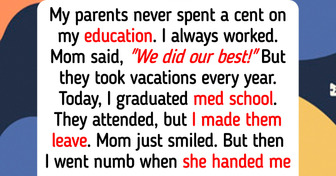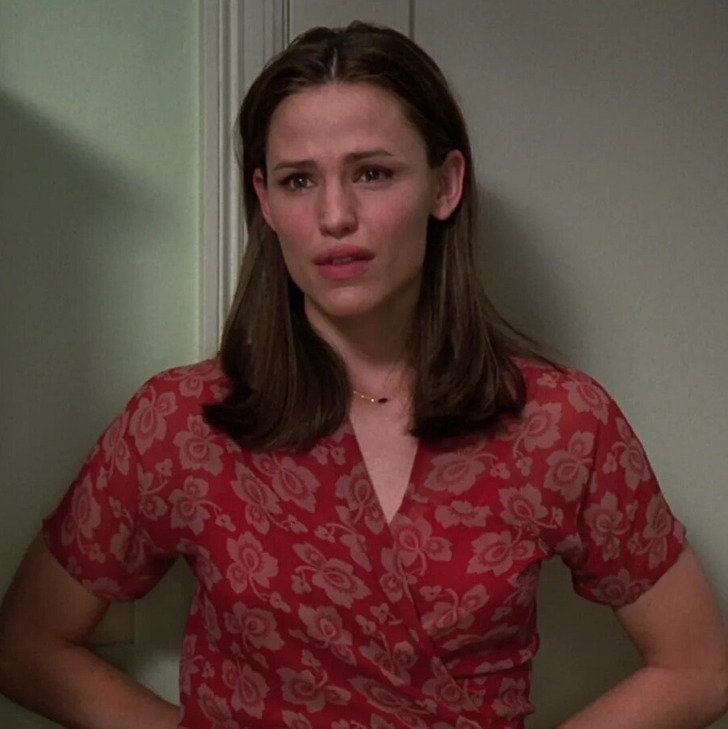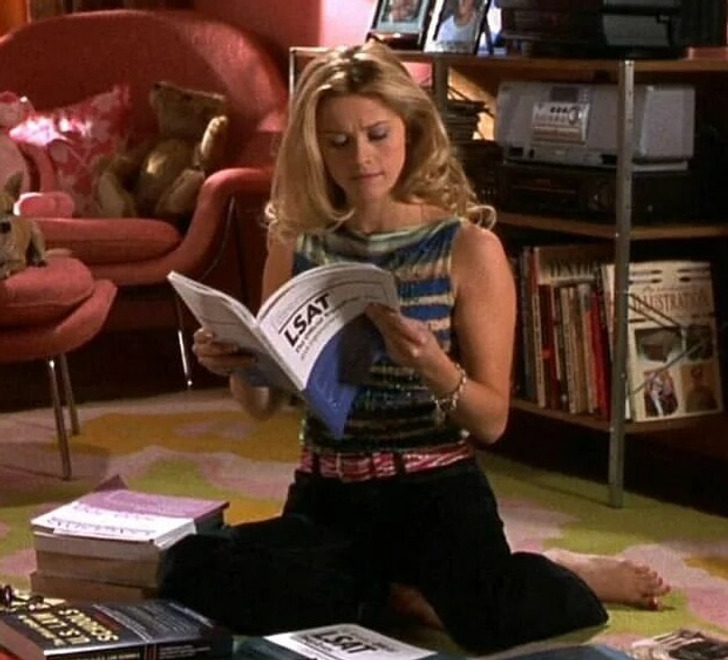this is soo true. i am feeling the same
5 Quiet Signs You’re Slowly Detaching From Your Partner Without Realizing It
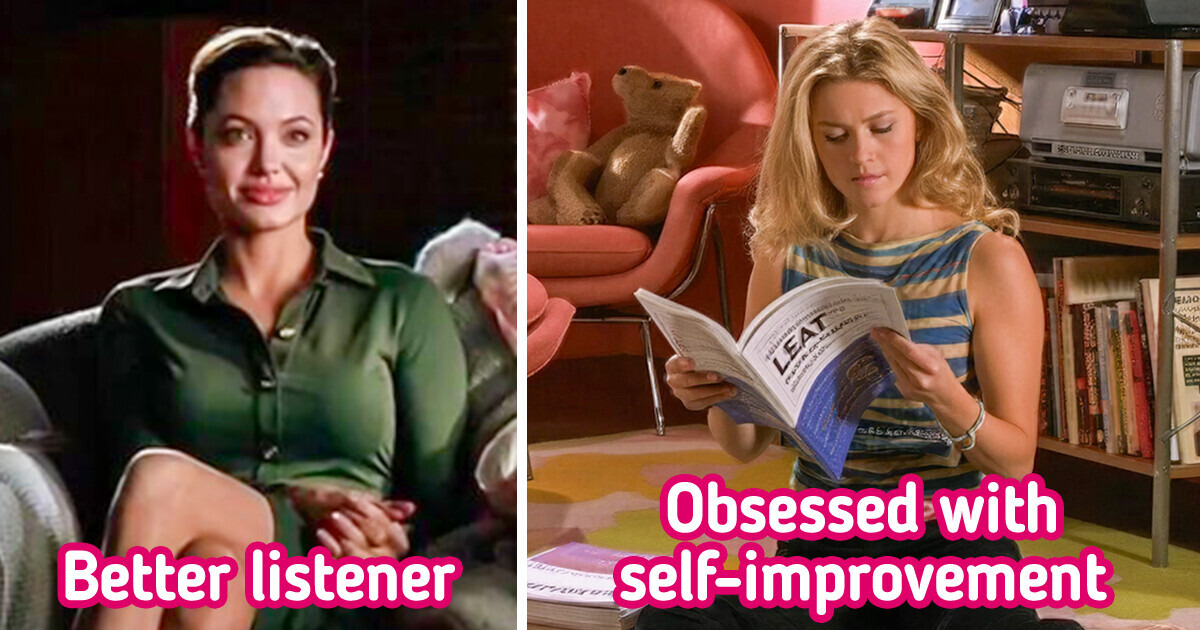
Sometimes, detachment doesn’t happen in big, obvious ways – it sneaks in quietly. Without realizing it, small changes in behavior or emotions can indicate that you’re slowly pulling away from your partner. These subtle signs might feel insignificant, like spending more time alone or feeling indifferent toward things that used to matter. If left unchecked, though, they can build up and cause a major disconnect in the relationship.
1. You become a better listener.
When you start emotionally detaching, you may notice you’re becoming a better listener, but not necessarily for the right reasons. Instead of feeling engaged in the conversation, you’re listening more because you no longer feel the need to express yourself. You’d rather avoid conversation, so you simply listen.
You might be losing interest in sharing your own thoughts and feelings with your partner. This type of listening lacks the emotional back-and-forth that once brought you closer, and can be a sign that you’re emotionally checking out.
2. Everything feels like a chore.
The things that once brought you joy like planning dates, doing little favors for your partner, or even just spending time together start feeling like chores. Instead of wanting to do things for your partner, you do them out of obligation or just to avoid conflict.
The relationship feels more like a responsibility, and you might feel exhausted by the idea of putting in any extra effort. When the relationship feels like a task to check off your to-do list, it’s a strong sign that your emotional connection is fading.
3. You don’t fight anymore.
A lack of fighting might sound like a good thing. But it can actually be a warning sign if it’s because you no longer care enough to argue.
Healthy relationships involve disagreements, and arguing can mean you’re still invested in solving issues. When you stop fighting entirely, it can indicate that you no longer see the point in resolving anything.
4. You become obsessed with self-improvement.
You start focusing on hobbies, fitness, or personal goals, but deliberately exclude your partner from these activities. You’re no longer interested in growing together as a couple, but rather in building yourself up independently. This obsession with self-improvement might be a way to mentally prepare yourself for a life without your partner.
5. You secretly hope they’ll make the first move to leave.
You catch yourself wishing your partner would be the one to break up, even if you’re not ready to admit it out loud. You avoid making decisions or confronting issues because, deep down, you’re hoping they’ll take the initiative.
This way, you don’t have to be the "bad guy". You can avoid feeling guilty about ending the relationship. It’s a passive approach that indicates you’ve already emotionally checked out, but you’re not ready to take the responsibility of ending things yourself.
Emotional disconnection can quietly grow in relationships, but sometimes it’s a sign of something deeper and more toxic. If you’ve noticed subtle signs of detachment, it might be worth exploring whether these are just rough patches or something more harmful. In this article, you’ll find insights that help determine if these subtle shifts are part of a larger toxic pattern.
Comments
Related Reads
Pierce Brosnan’s Wife Stuns in New Photos and Shocks Fans With Her Transformation
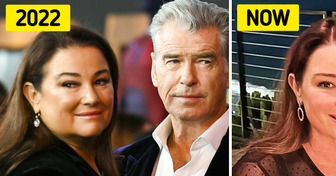
What Happened to Jennifer Aniston's Face, According to a Doctor

A Homeless Woman Receives a Full Makeover and Impresses the Whole World
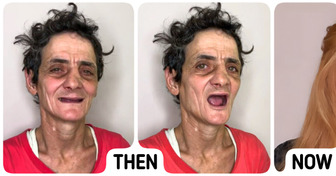
A Girl Fakes Losing Her Passport to Avoid Babysitting Her Nephews, and Asks Public If She Did the Right Thing
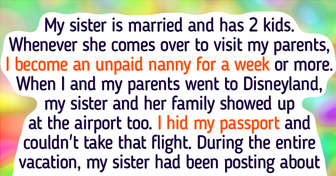
I Lied to My Husband and Now He’s Taking It Out on My Daughter
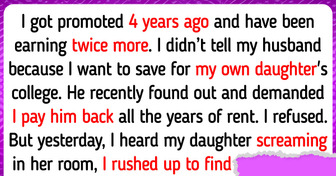
12 Stories That Prove Parenting Is a Never-Ending Journey
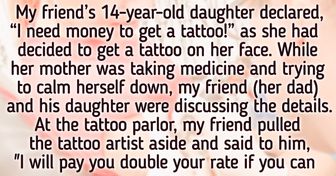
I Brought My Toddler to a Party and My Friends Kicked Us Out
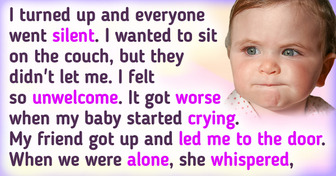
12 Life Moments Where Quiet Kindness Played the Main Role

My Parents Wanted a ‘Family Vacation’ on My Budget—I Made One Move They Didn’t Expect

I Tried to Be the Perfect Stepmom — but My Husband Just Made Me Feel Worthless
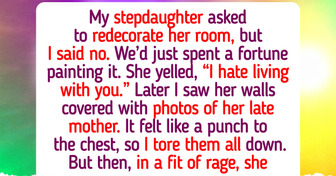
I Refused to Give Up My Baby, So My Mom Exposed a Terrible Secret
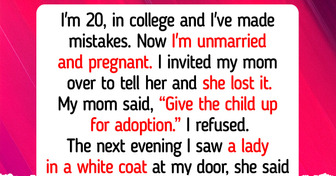
I Kicked My Parents Out of My Graduation—They Didn’t Contribute to My Education
